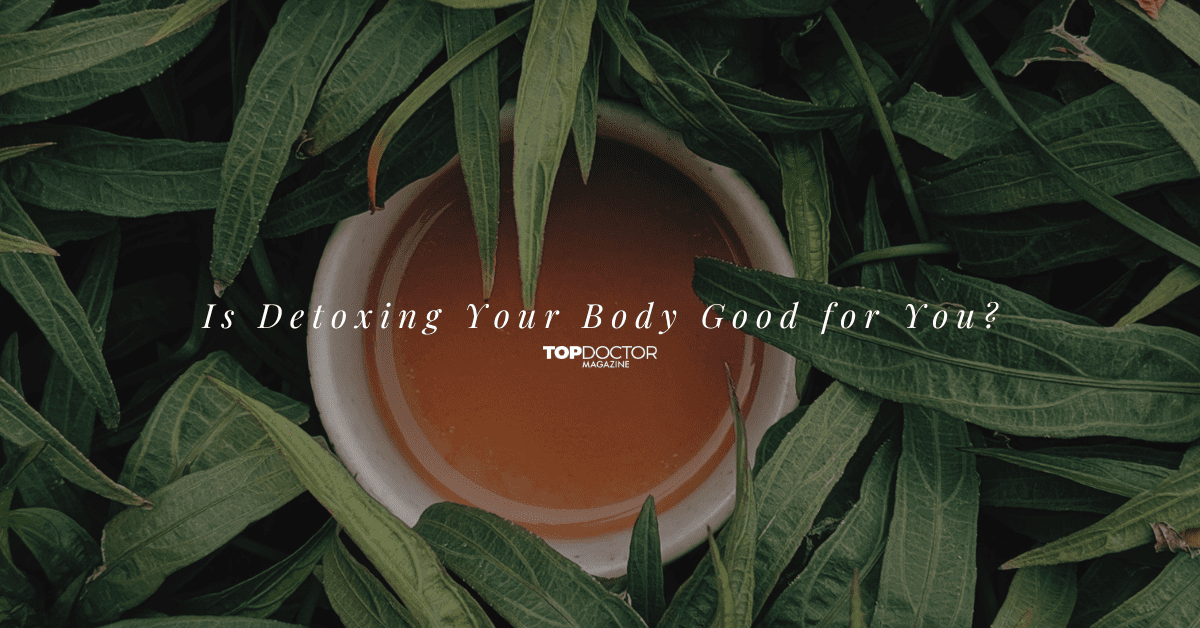You probably know someone whose life has been negatively impacted by alcohol. Unfortunately, many adults who are otherwise completely intelligent and capable of making smart health decisions have trouble when trying to stop drinking alcohol. Why is this the case? What is it about alcohol that makes it so difficult to stop?
What’s the Science Behind Drinking Alcohol?
We must first understand the effect that alcohol has on the brain. This information will go a long way in explaining why drinking is so appealing for so many people. The reality is that alcohol releases endorphins, which you might have heard about in the context of exercise. Endorphins are responsible for the phenomenon of “runners’ high,” where an elevated mood is reported due to intense physical exercise. Though drinking alcohol doesn’t involve that type of exercise, it still activates these positive chemicals in your brain.
Although you might call these positive chemical effects “artificial,” the emotional high from these chemicals is difficult to argue with. We all experience stress, sadness and anger, so we’re naturally interested in substances like alcohol that can provide a fast release from negative emotions. Unfortunately, this is also the foundation for alcohol abuse.
Does Peer Pressure Really Make a Difference?
Another factor to be considered is the position of alcohol within the broader culture. Whether we’re talking about the entertainment industry or just local nightlife, the modern perception of alcohol is largely positive. Movies, television series and books often portray alcohol consumption positively, and this portrayal impacts the way that millions of us think about alcohol. Of course, every individual can make their own decisions about alcohol’s place in their lives, but the cultural esteem granted to alcohol is sure to play a role for the average American.
In addition to the extensive cultural pressure, we should also consider peer pressure, often one of the elements paving the way for individuals to choose to drink, even if their relationship with alcohol has become a risk to their wellbeing. We have a responsibility to our friends and families to help them take care of themselves and be willing to have open and honest conversations about our consumption of alcohol and its effects.
What Quitting Strategies Are Effective?
Despite the positive cultural perception of alcohol, we must acknowledge the serious risk to public health. Around 80,000 deaths per year are caused by excessive alcohol use in the United States, and one study has indicated that a third of American adults have experienced either alcoholism or alcohol abuse. Even if other people have their relationship with alcohol under control, we each have a responsibility to make healthy decisions for ourselves. If your alcohol consumption has become a risk for your physical or emotional health – or that of your loved ones – consider some effective quitting strategies.
The first step is to determine how much you drink. This will serve as a wake-up call, both emotionally and financially. Once you realize how the quantity and price of alcohol impact your health and budget, you’ll discover a renewed determination to quit.
Second, determine why you drink and brainstorm ways to meet those needs in healthier ways. If you drink alcohol to avoid negative emotions, for example, researching other ways to care for your mental health will be a worthwhile replacement.
Finally, involve your loved ones and find a community. Family and friends who care about you will support your decision to cut back on alcohol, and a community of people who have made the same choice for themselves is the most effective kind of support you can find.






0 Comments